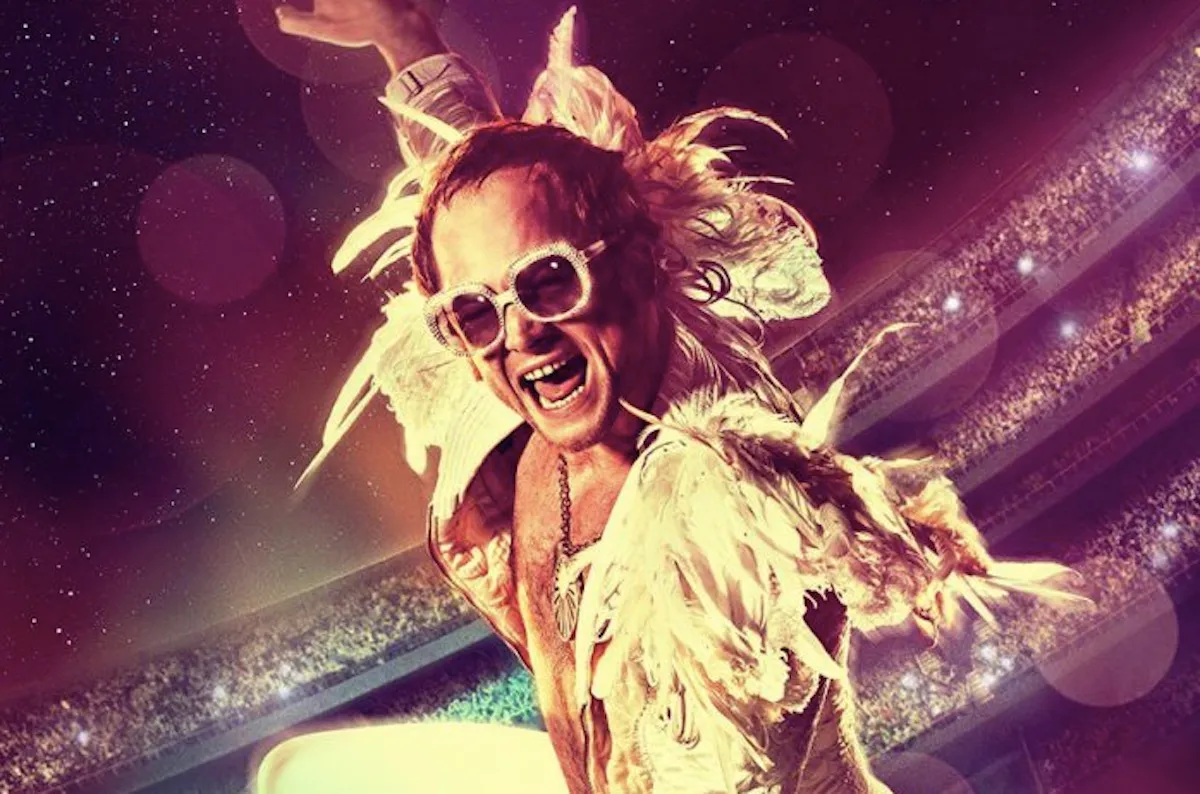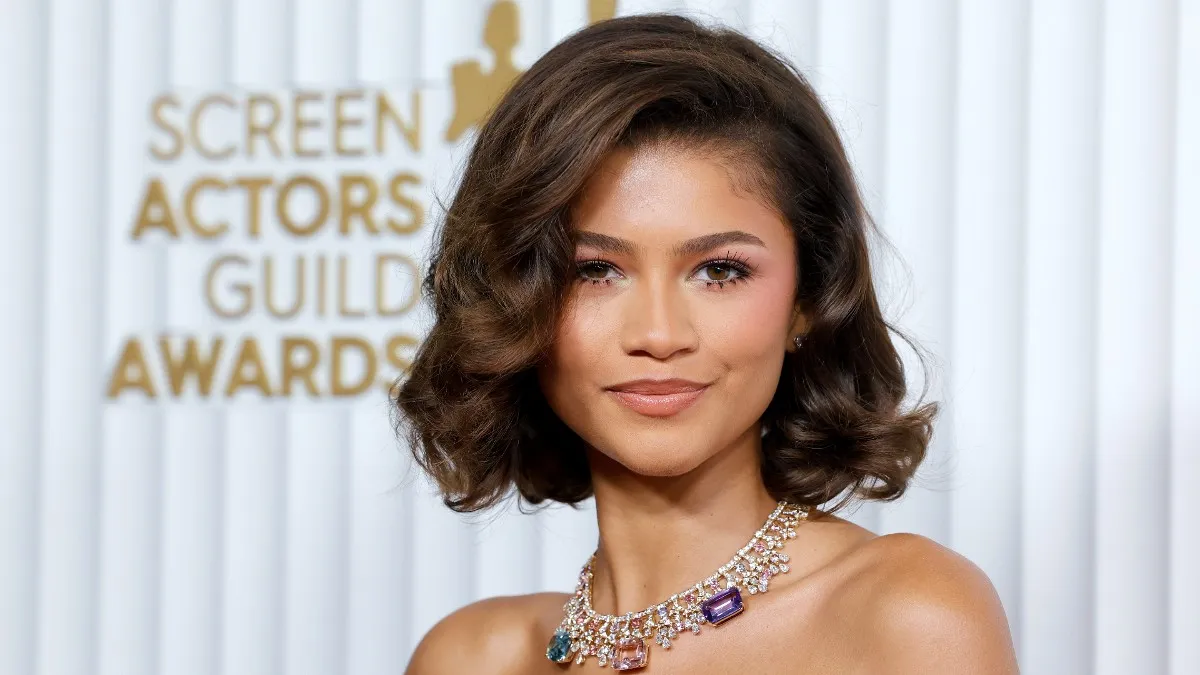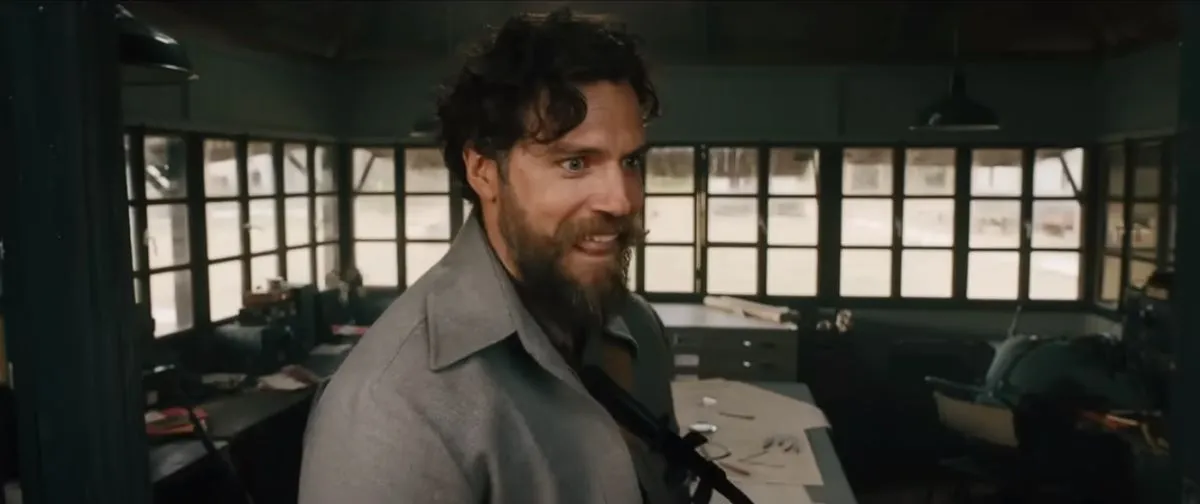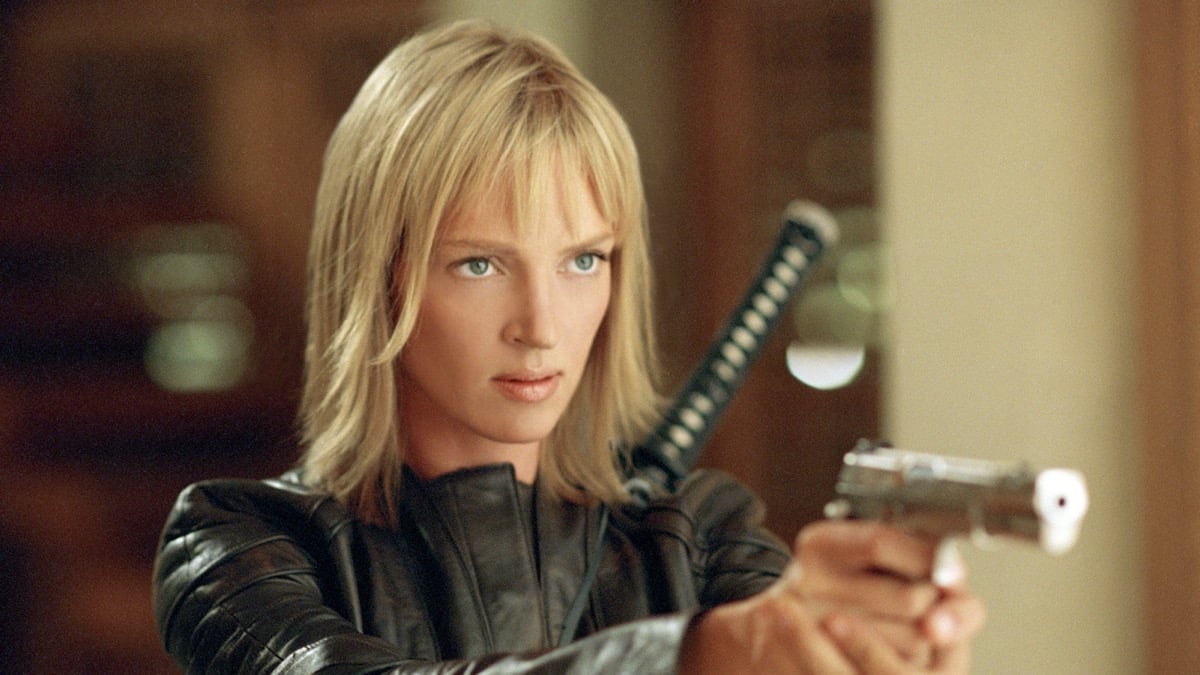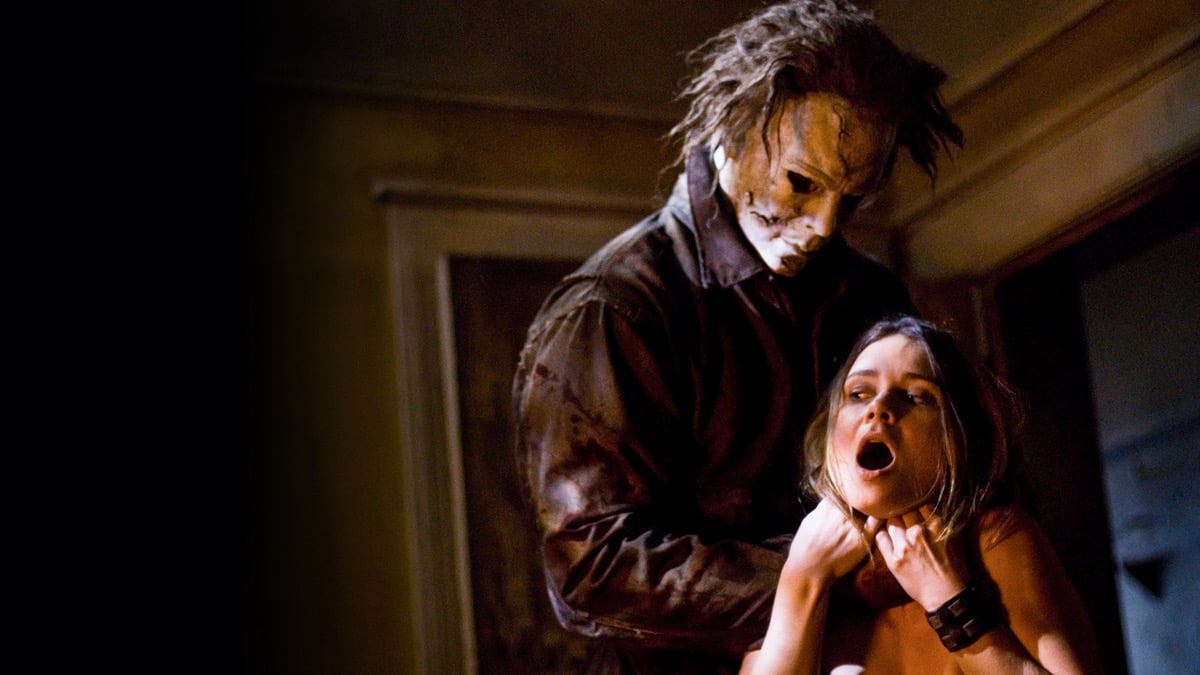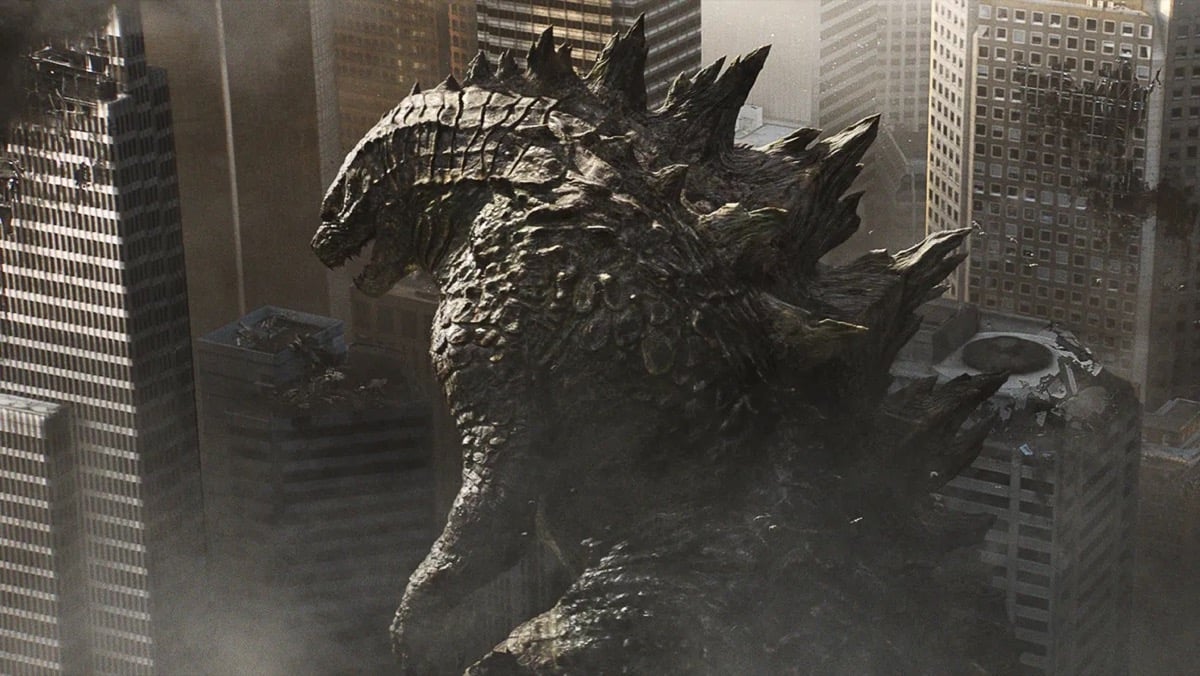In a time long ago, movies were released in places called “theaters” and made buckets of money. These “movies” were generally regarded as a big deal, big enough that GLAAD has a whole annual report about the state of LGBTQ representation in Hollywood, and how many quality queer stories we got in major releases in 2019. All kidding aside, GLAAD’s annual Studio Responsibility Index for 2019 has some good points and some disappointing ones.
First off, and perhaps the best news, is that queer representation is up in Hollywood films! Films like Rocketman helped Paramount lead the pack, but other studios did okay as well, though none scored particularly high on any metric. But overall things were better than 2018 so yay? Well, kind of. The index recorded its highest ever percentage of films with LGBTQ-Inclusive representation: 18.6%, but that’s still pretty low. Also troubling was the fact that the percentage of non-white queer characters dropped in 2019 to 34% in 2019, from 42% in 2018.
The racial make-up of characters is not the only troubling metric. The vast majority of queer characters were gay men, who showed up in a whopping 68% of the movies with queer representation. Of the 50 characters tracked, only 16 were women. And none of these characters or incidents of representation were trans.
That’s not to say however that there were zero trans actors and characters on-screen in 2019, only that GLAAD didn’t count them, which gets us to a bigger issue both with Hollywood or with the overall report, depending on how you look at things.
In determining if a movie counted as queer representation, GLAAD used the “Vito Russo” test for their analysis. The test is named for a GLAAD co-founder and has nothing to do with the Russo brothers (as I first assumed), and yet Joe Russo’s cameo as a gay man in a grief counseling group in Avengers: Endgame is a perfect example of a character that doesn’t meet the test. The Vito Russo test for an LGBTQ character is this: The character is identifiably queer, they are not defined solely by their queerness, and if they were removed from the movie it would affect the plot.
This means the “gay moment” in The Rise of Skywalker didn’t count for them, nor did many other incidental queer moments in many films. But more importantly, this means that most, if not all, backgrounds and peripheral queer characters don’t meet this test, and that GLAAD did not count any characters what were played by trans or non-binary actors towards their statistics unless those characters came out and declared that they were trans/non-binary.
This means that Asia Kate-Dillon’s role on John Wick 3 wasn’t counted, nor was Indya Morre’s in Queen and Slim, or Trayce Lysette in Hustlers. I understand that GLAAD wants to emphasize that queer actors and characters should get more meaningful representation, but this also feels a bit like erasing their identity and assuming that every character is cis unless declared otherwise.
As a caveat, GLAAD only surveyed films from the top eight highest-grossing studios, and though they included some “art house” pictures, they didn’t review every movie released, only the “major” ones, and only those released in theaters in 2019, which excluded movies about queer characters like, say, Portrait of a Lady on Fire.
Overall, the report is an interesting look at where mainstream Hollywood is, but it’s also not a comprehensive look at all representation in film. By focusing on only the major studios and only counting characters that meet a particular test, GLAAD has via their methodology deeply cut down the amount of LGBTQ characters that “count” and I don’t know if I fully agree with that. Yes, there needs to be better LGBT representation, but we also shouldn’t ignore the smaller moments and incidental characters, and we should also include non-theatrical and independent movies in this conversation if we want a full picture.
Overall, the report gives us reason for some hope. Representation is increasing, however slowly, but it also needs a lot more work. We need more racial diversity, more women, more trans characters, and more developed stories. Things are getting better, but they’re certainly not good enough.
(via Entertainment Weekly, image: Paramount)
Want more stories like this? Become a subscriber and support the site!
—The Mary Sue has a strict comment policy that forbids, but is not limited to, personal insults toward anyone, hate speech, and trolling.—



